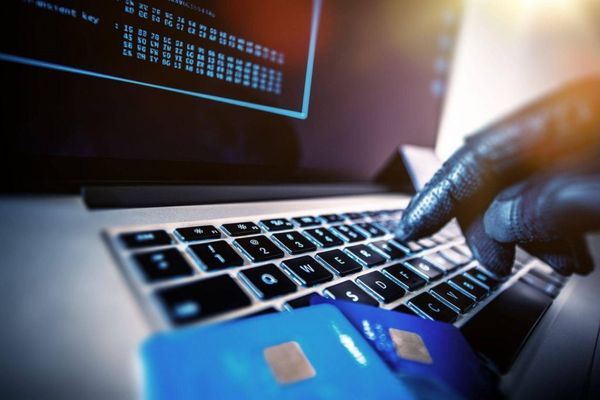Online identity theft is a rapidly growing problem, and it can have devastating consequences for victims. It involves the stealing of someone’s personal information, such as their name, address, social security number, and bank account details, for fraudulent purposes. In recent years, governments around the world have been taking steps to combat this crime, and as a result, laws and penalties for online identity theft have become much stricter. In this article, we will take a closer look at these laws and penalties.
Laws Against Online Identity Theft
The laws against online identity theft vary from country to country, but they all generally prohibit the act of stealing someone’s personal information for fraudulent purposes. In the United States, for example, the Computer Fraud and Abuse Act (CFAA) makes it illegal to access a computer system without authorization or to exceed authorized access. The CFAA also includes penalties for identity theft, such as fines and imprisonment.
In the European Union, the General Data Protection Regulation (GDPR) provides a framework for protecting personal data, including measures to prevent identity theft. The GDPR also includes significant penalties for organizations that violate its provisions, including fines of up to 4% of their annual global revenue or €20 million (whichever is greater).
Penalties for Online Identity Theft
The penalties for online identity theft can be severe, especially if the crime involves a large amount of money or affects a large number of people. In the United States, for example, a person convicted of identity theft can face up to 30 years in prison and fines of up to $250,000. In addition, they may be required to pay restitution to the victims of the crime.
In the European Union, the penalties for online identity theft are also significant. Under the GDPR, organizations that violate its provisions can face fines of up to 4% of their annual global revenue or €20 million (whichever is greater). Individuals who are found guilty of online identity theft can also face fines and imprisonment.
Preventing Online Identity Theft
Preventing online identity theft is crucial, and there are several steps that individuals can take to protect themselves. These include:
- Using strong, unique passwords for each online account
- Avoiding sharing personal information online
- Being cautious of phishing emails and other scams
- Regularly monitoring bank and credit card statements for suspicious activity
- Using anti-virus and anti-malware software on all devices
- Being cautious of public Wi-Fi networks
Organizations can also play a role in preventing online identity theft by implementing strong security measures, such as multi-factor authentication and encryption, and by providing regular training to employees on how to identify and prevent phishing scams.
Online identity theft is a serious crime that can have devastating consequences for victims. Governments around the world have recognized the seriousness of this crime and have implemented laws and penalties to combat it. It is important for individuals and organizations to take steps to prevent online identity theft and to be aware of the legal consequences of engaging in this type of criminal activity.
In Marietta, GA, finding a skilled criminal attorney is paramount for navigating legal challenges effectively. With its complex legal landscape, individuals facing criminal charges require adept representation to safeguard their rights and secure favorable outcomes. A skilled criminal attorney in Marietta, GA, possesses a deep understanding of state laws, procedural intricacies, and courtroom dynamics. Whether defending against misdemeanor charges or serious felonies, their expertise provides clients with the advocacy and strategic counsel needed to navigate the legal system with confidence.








